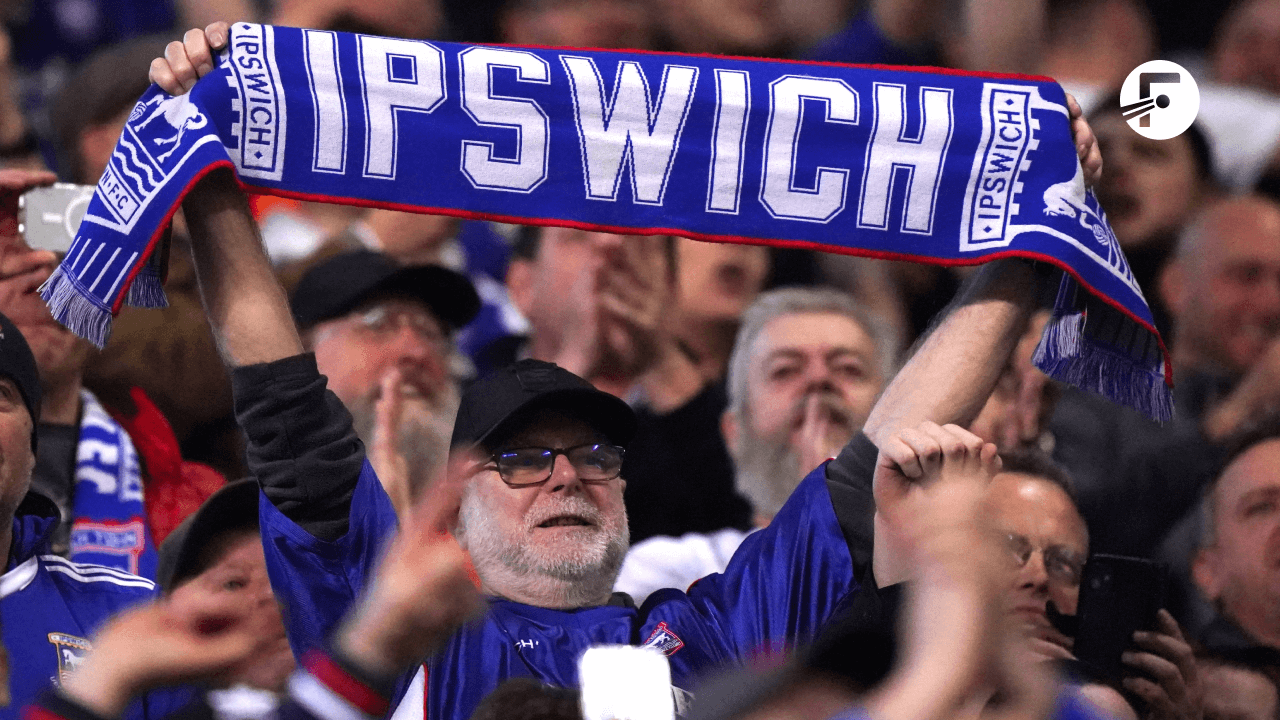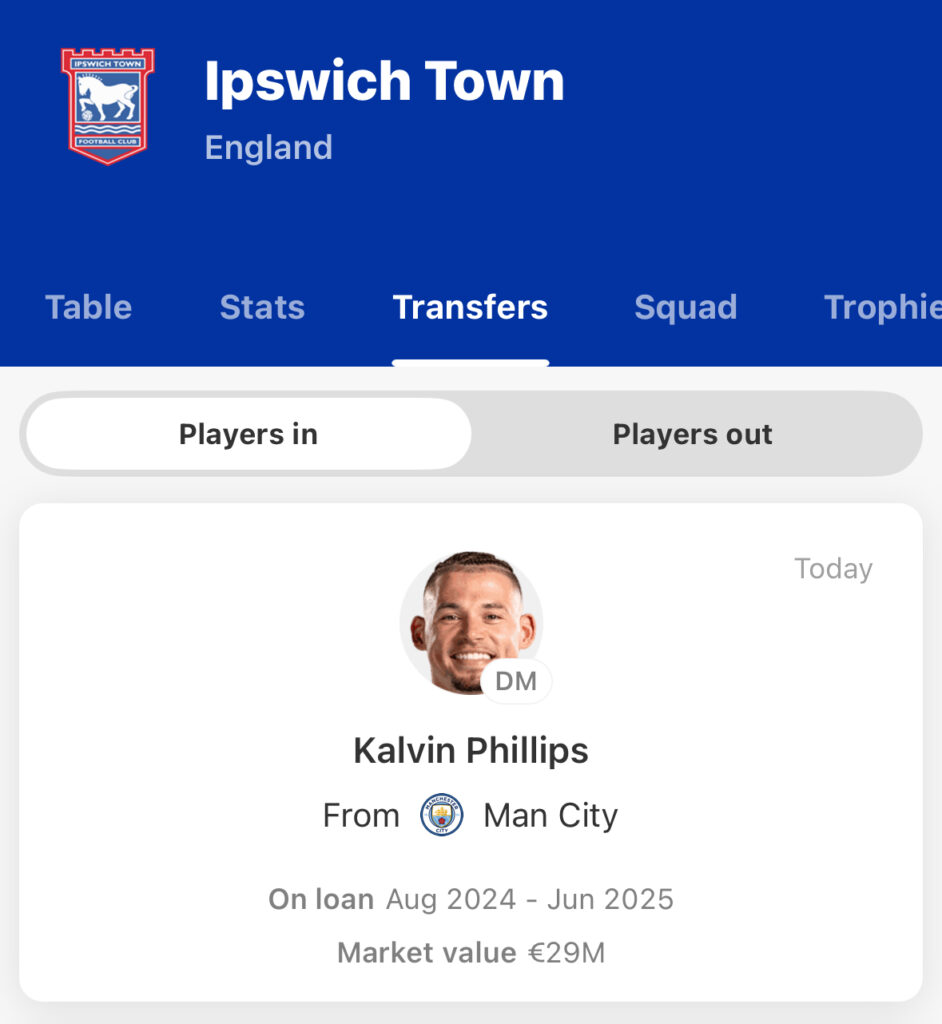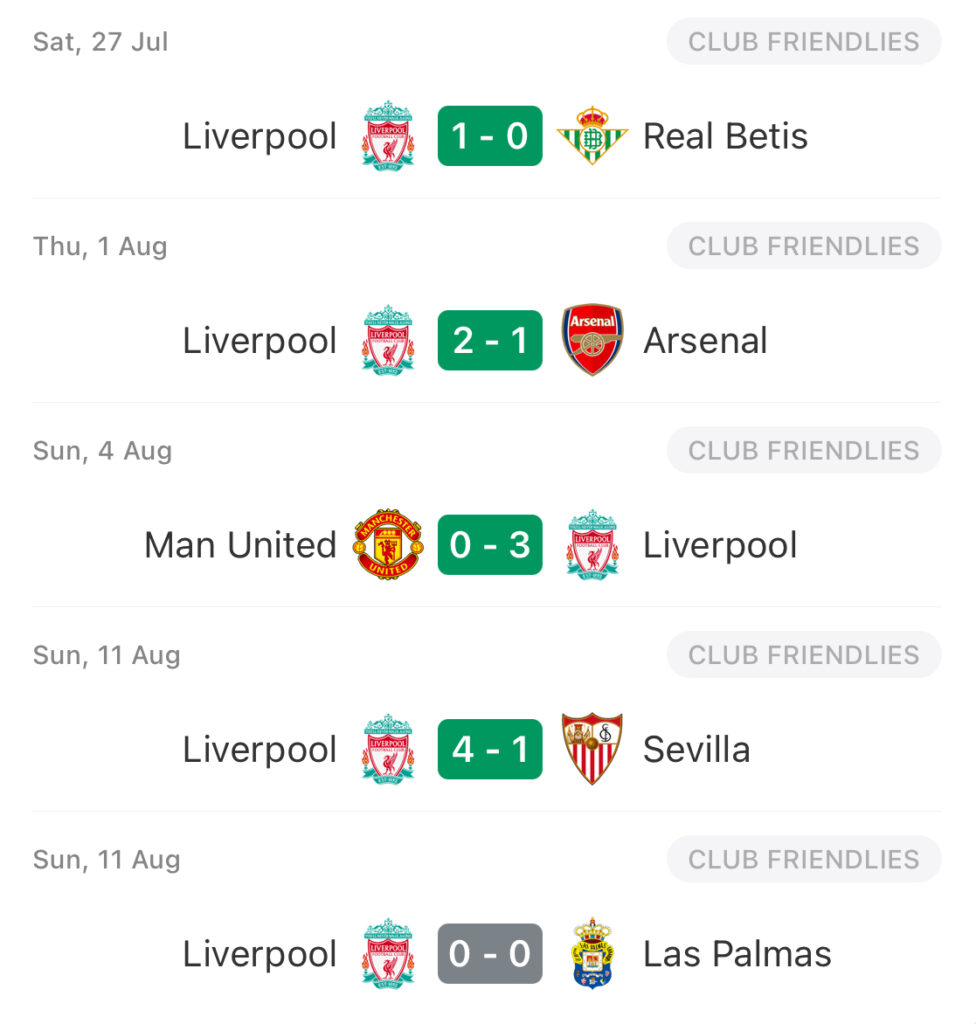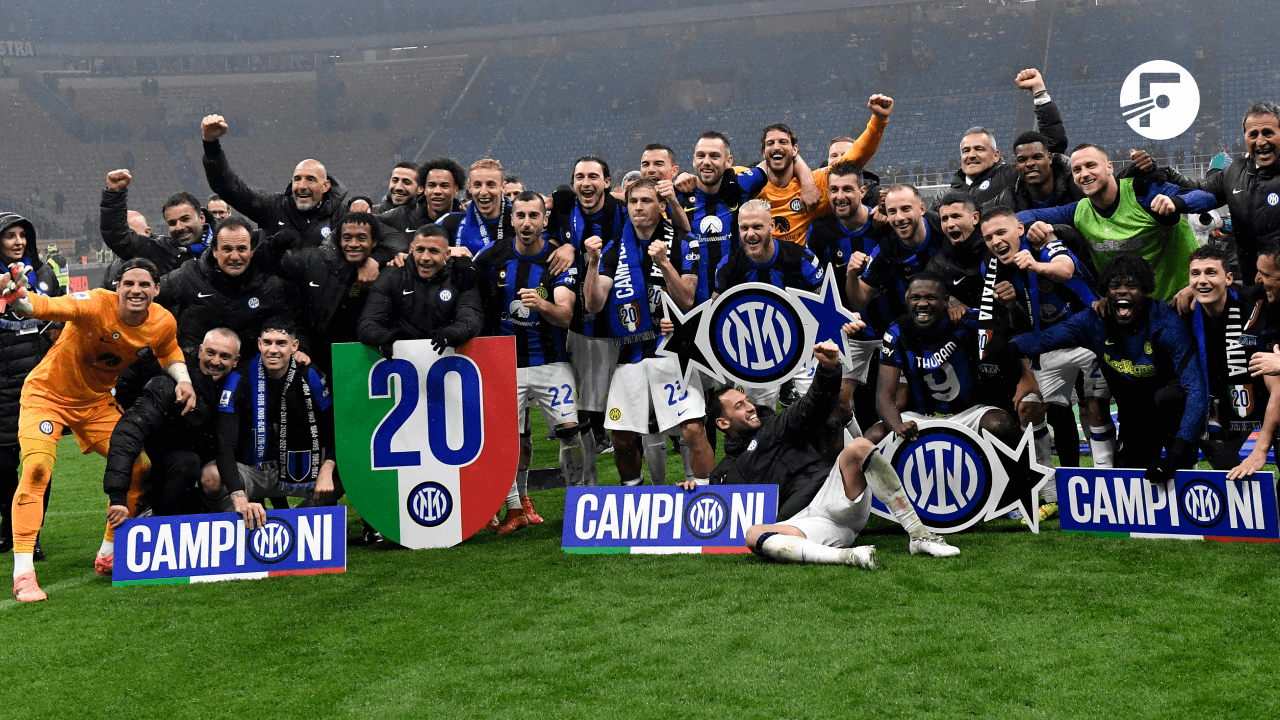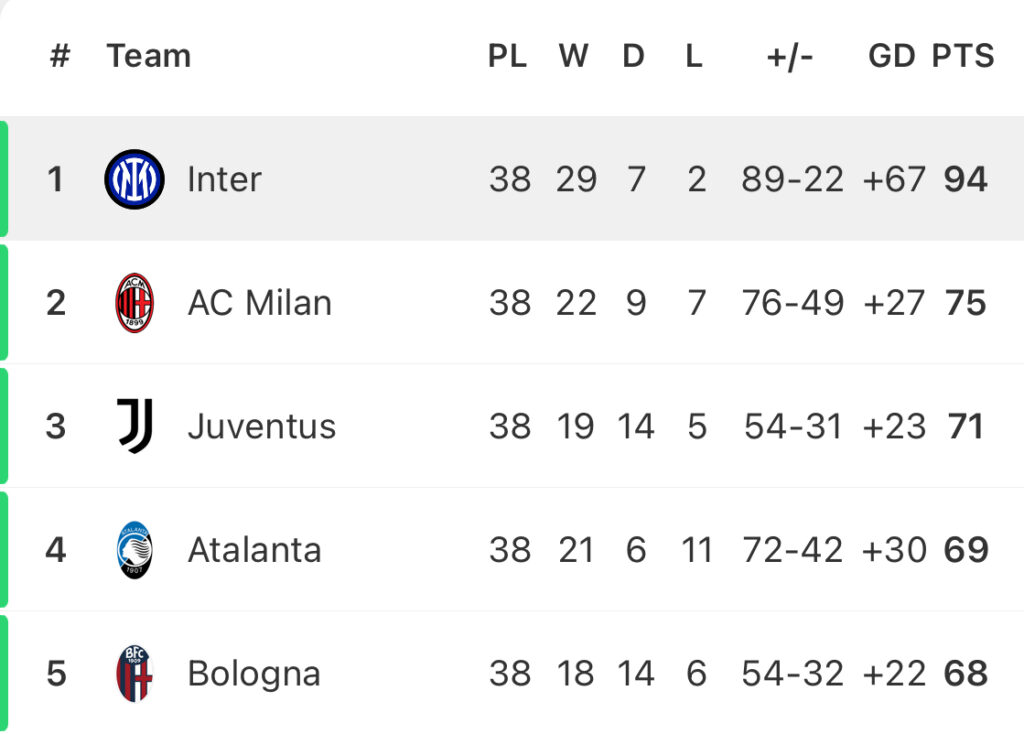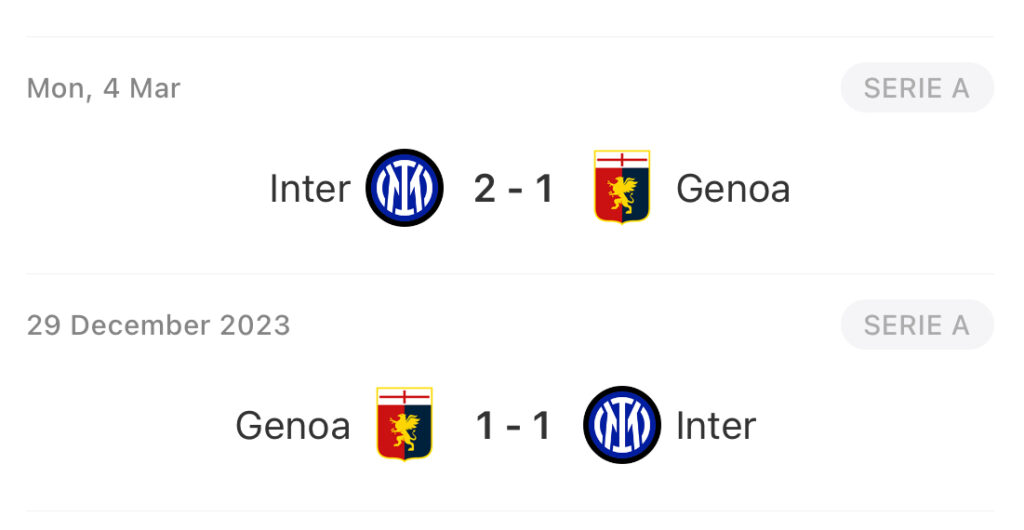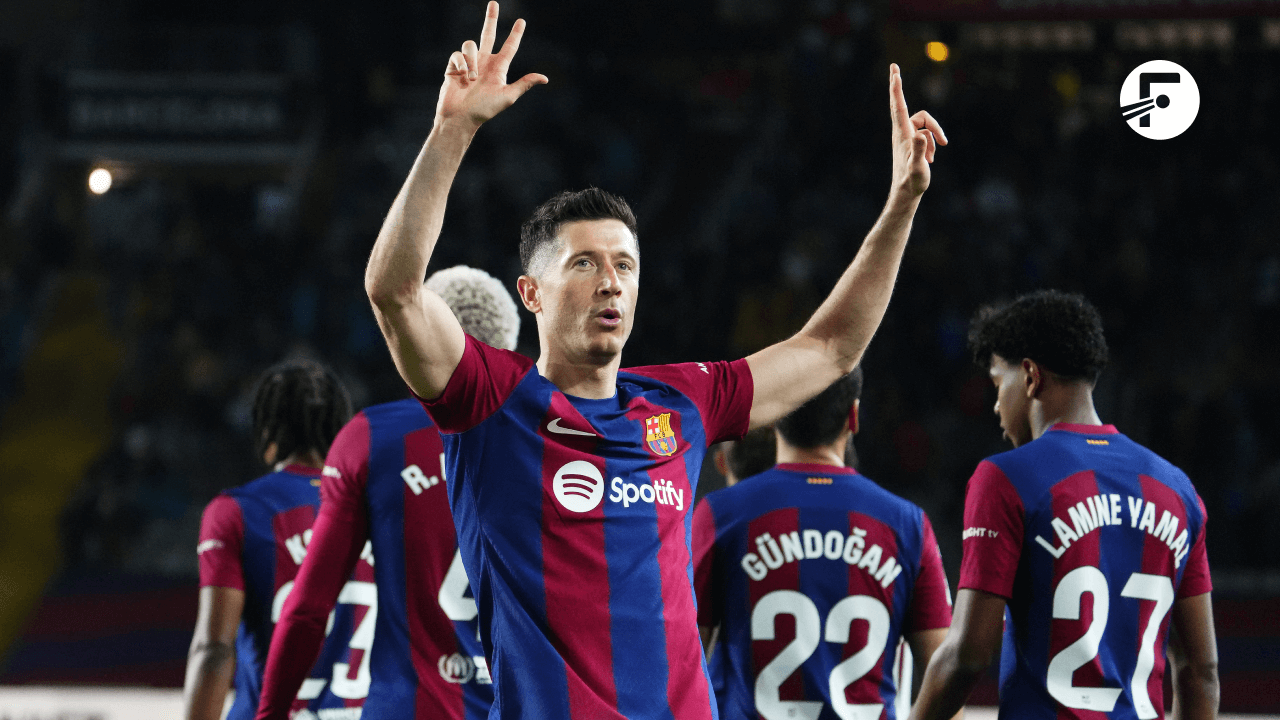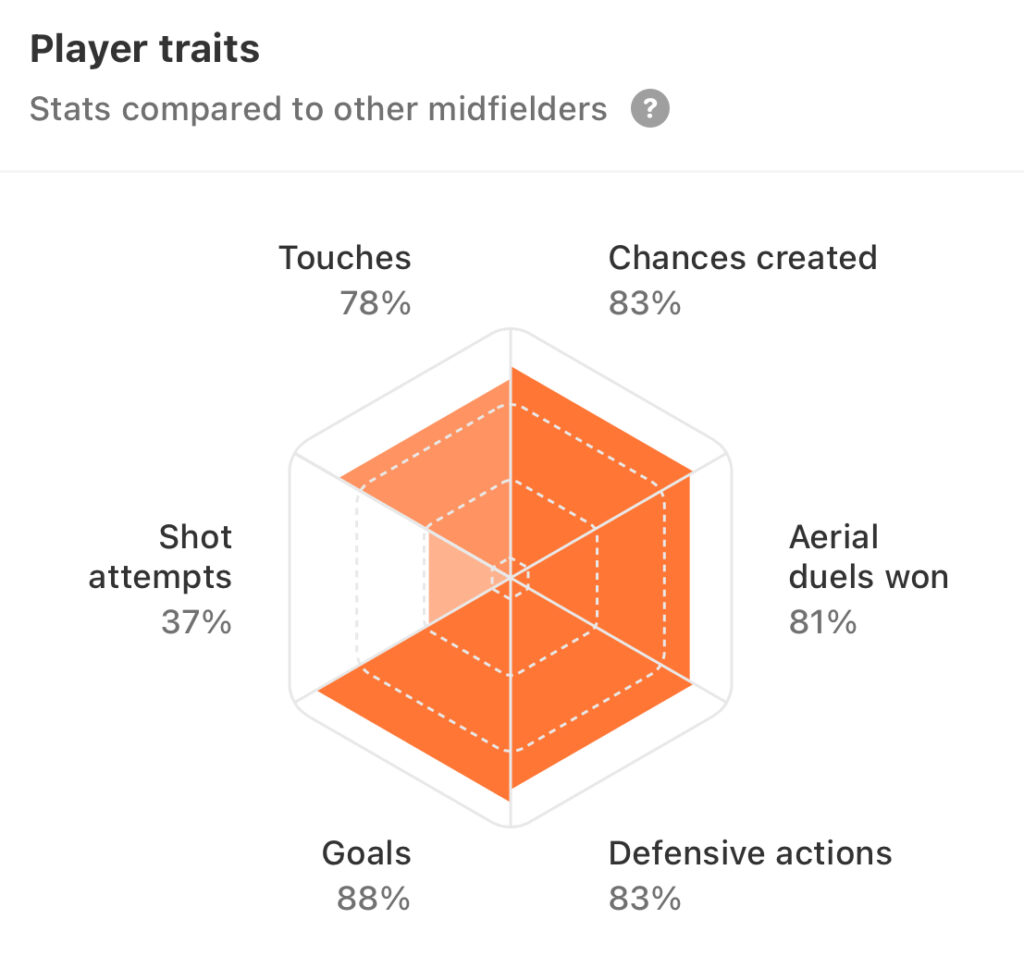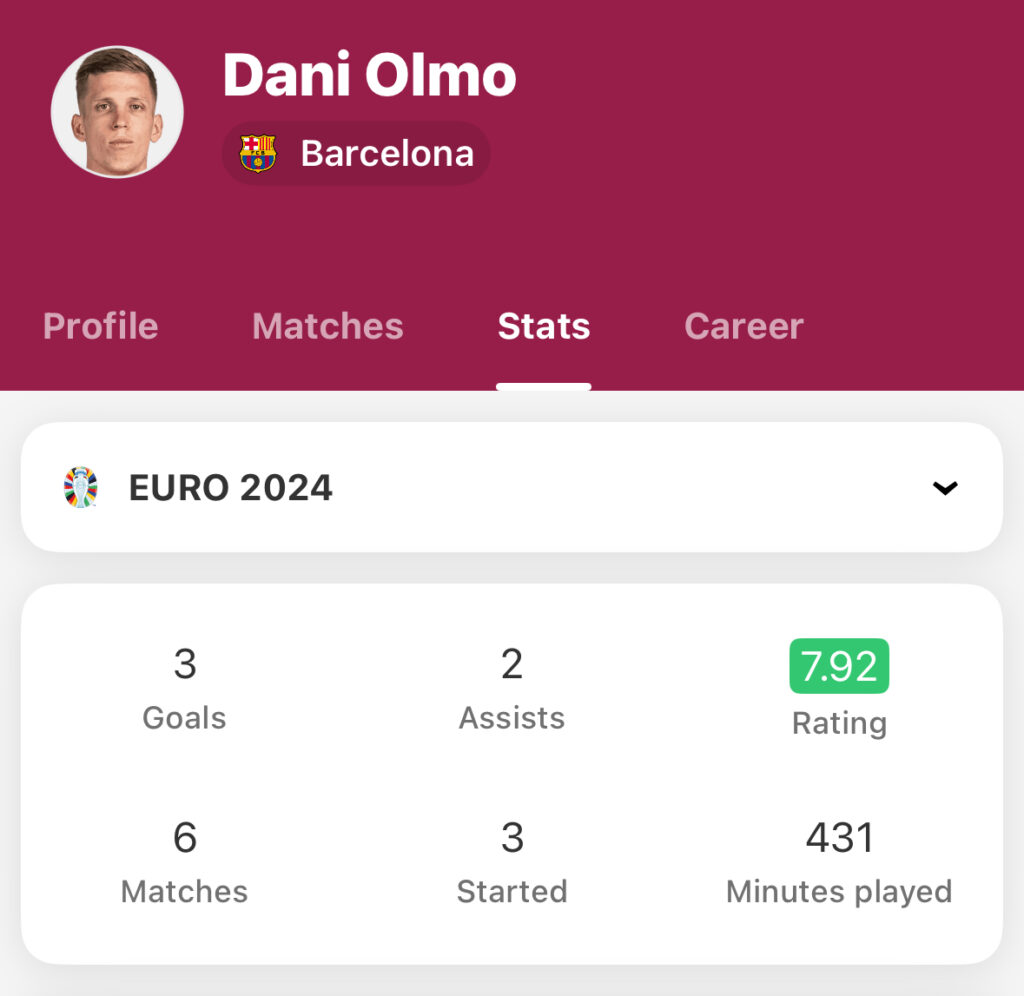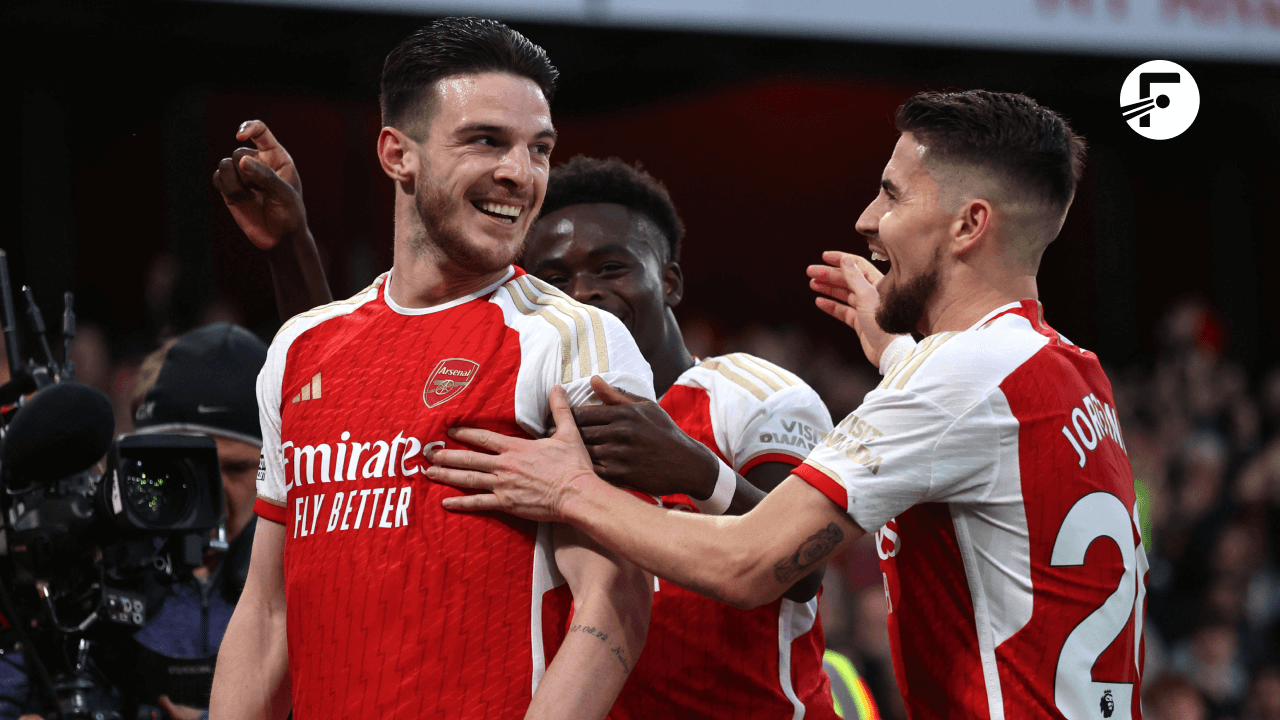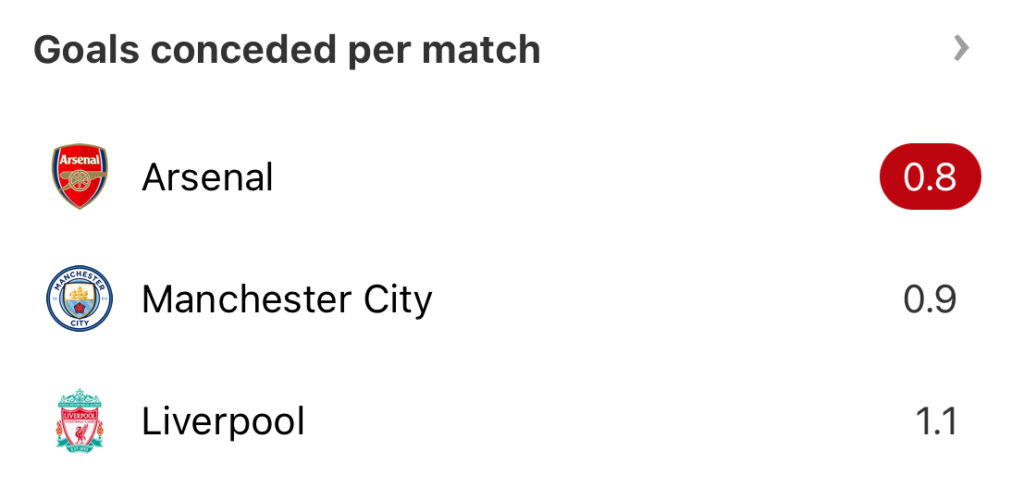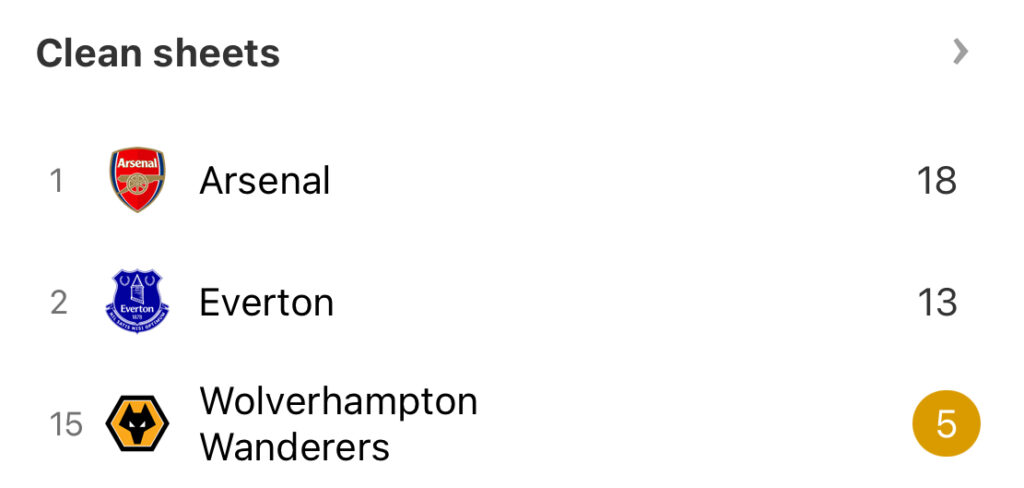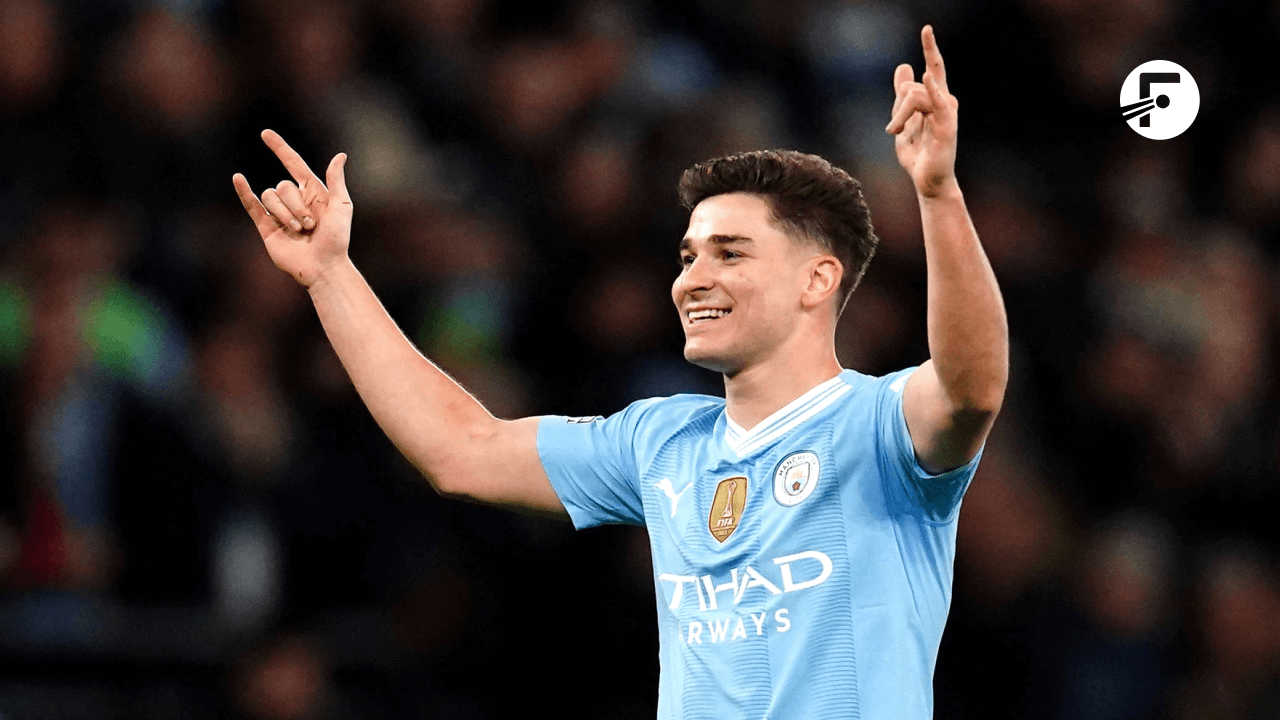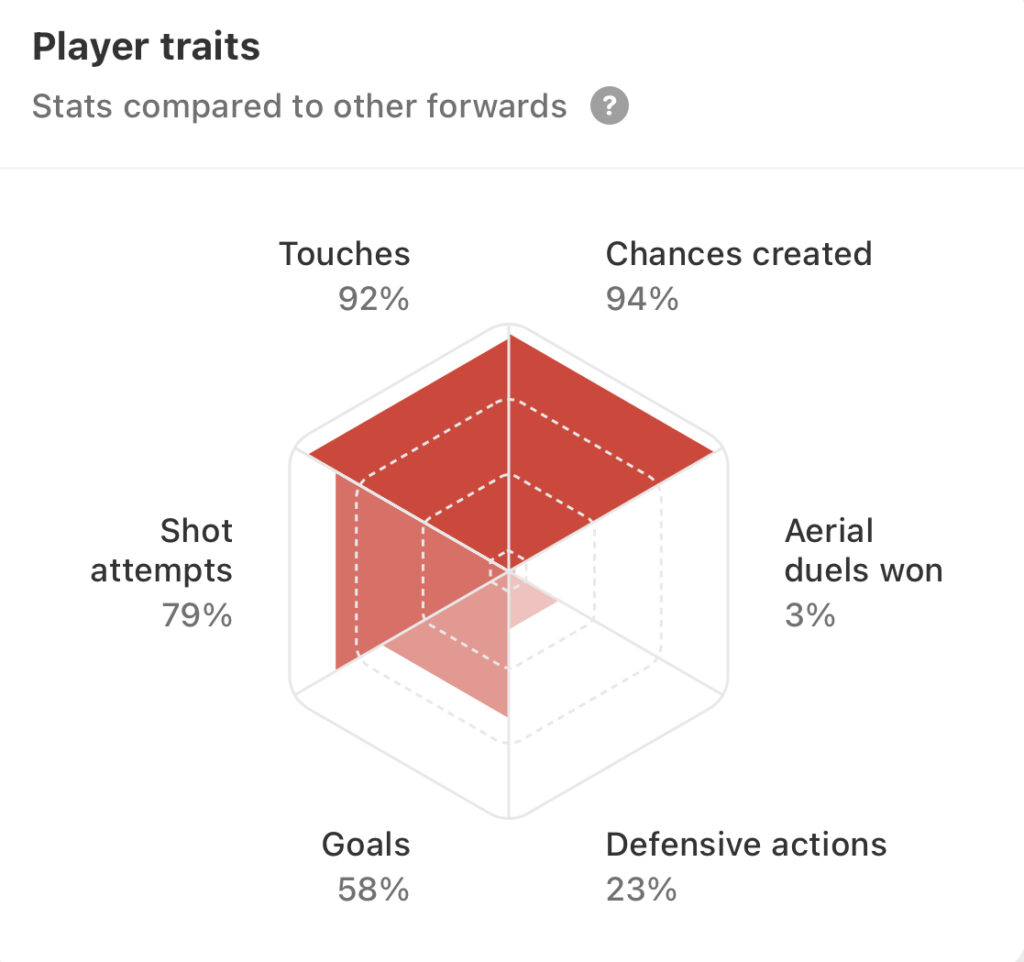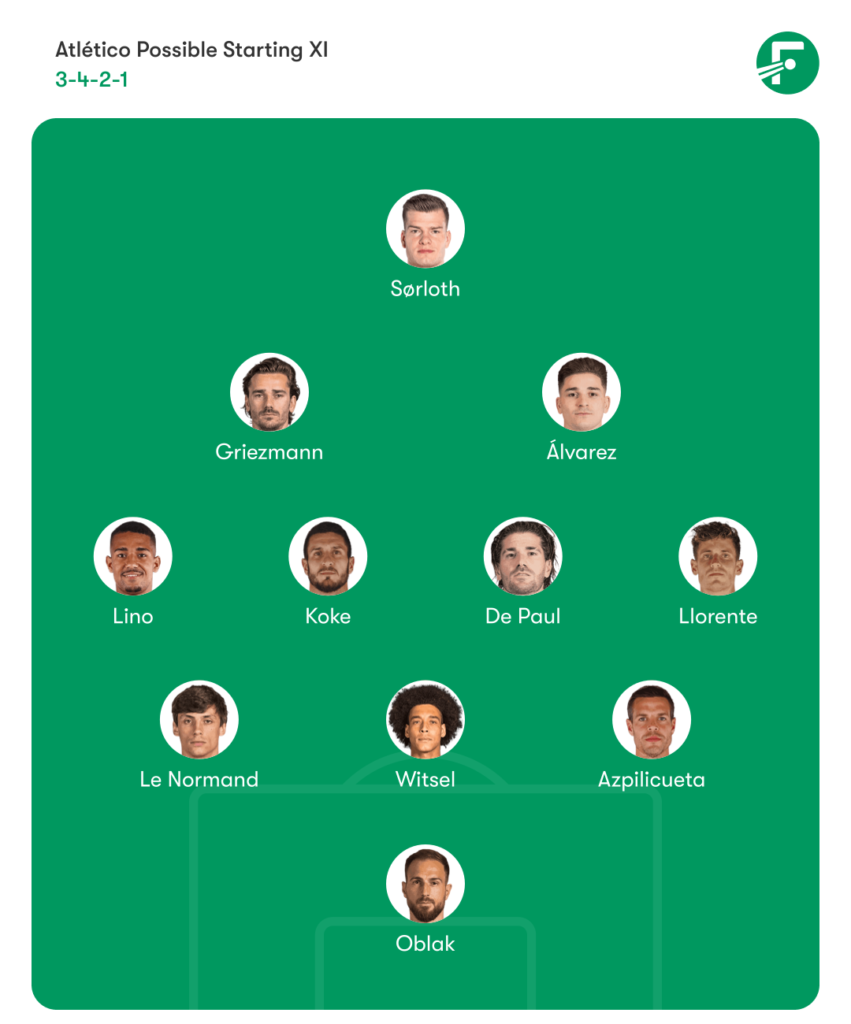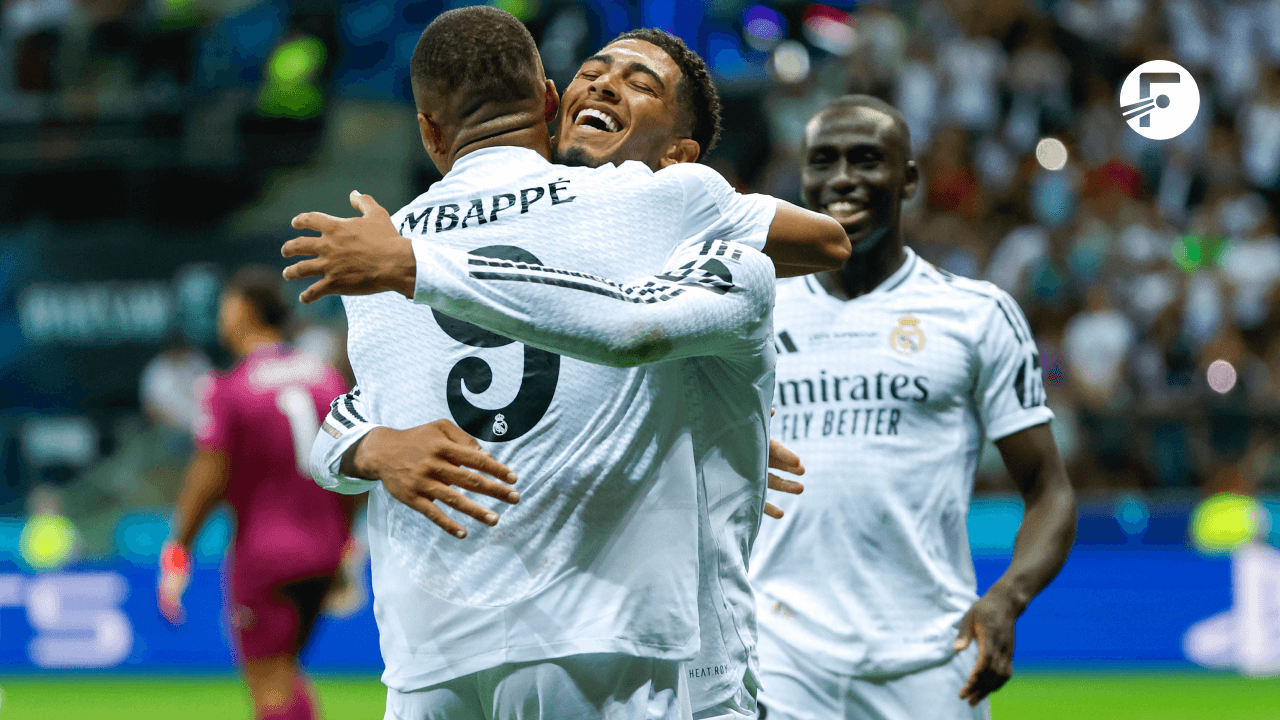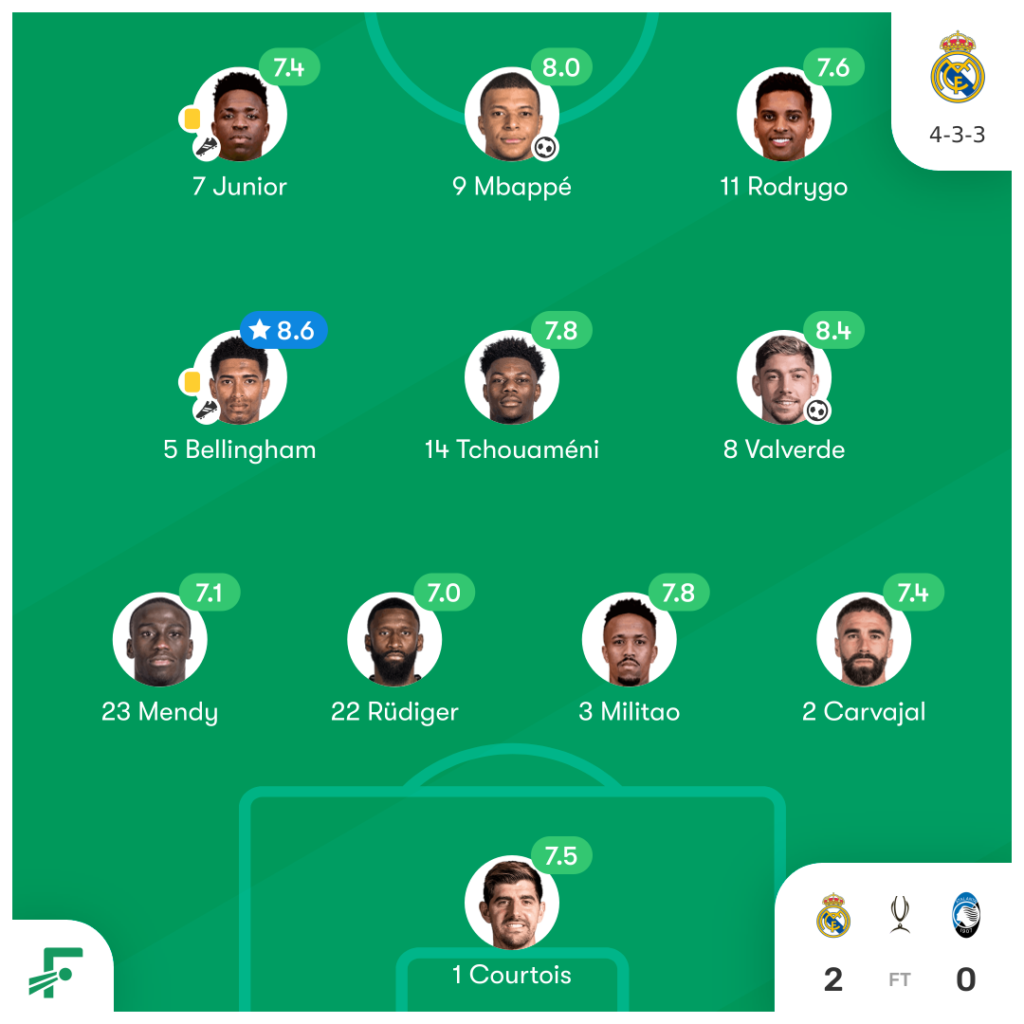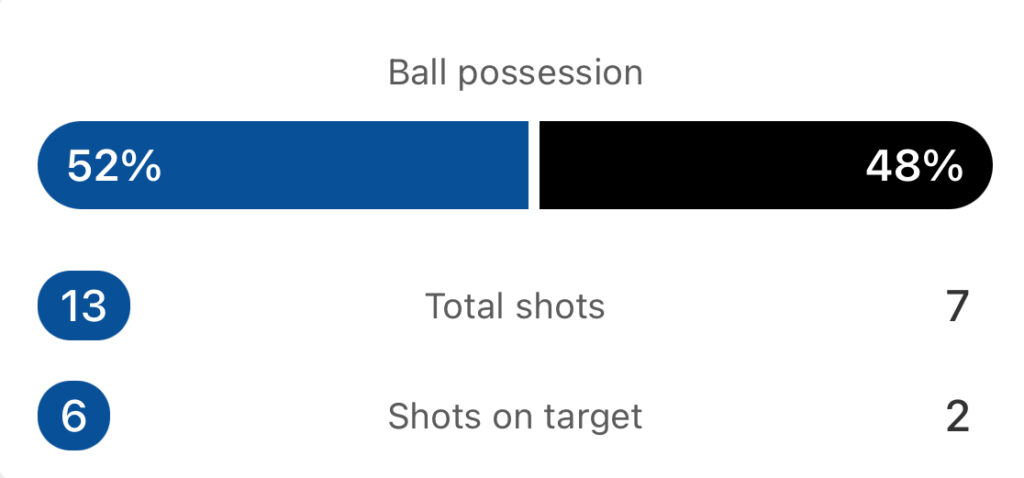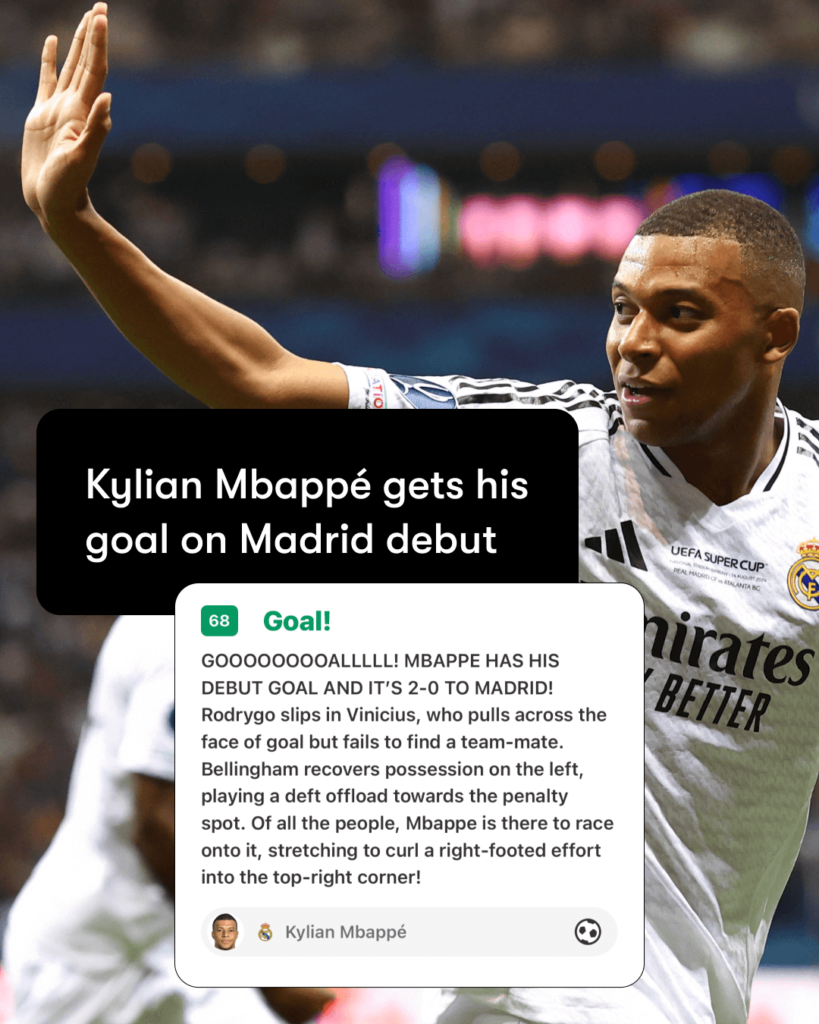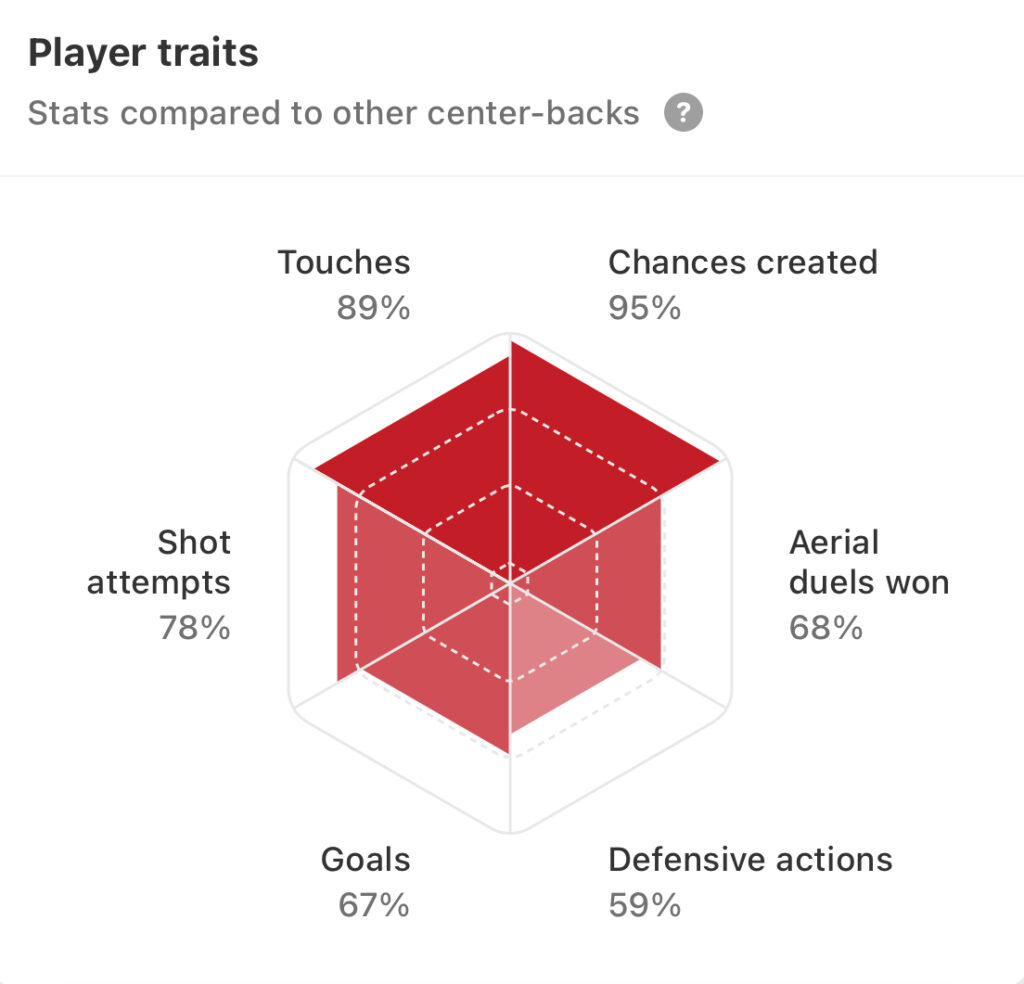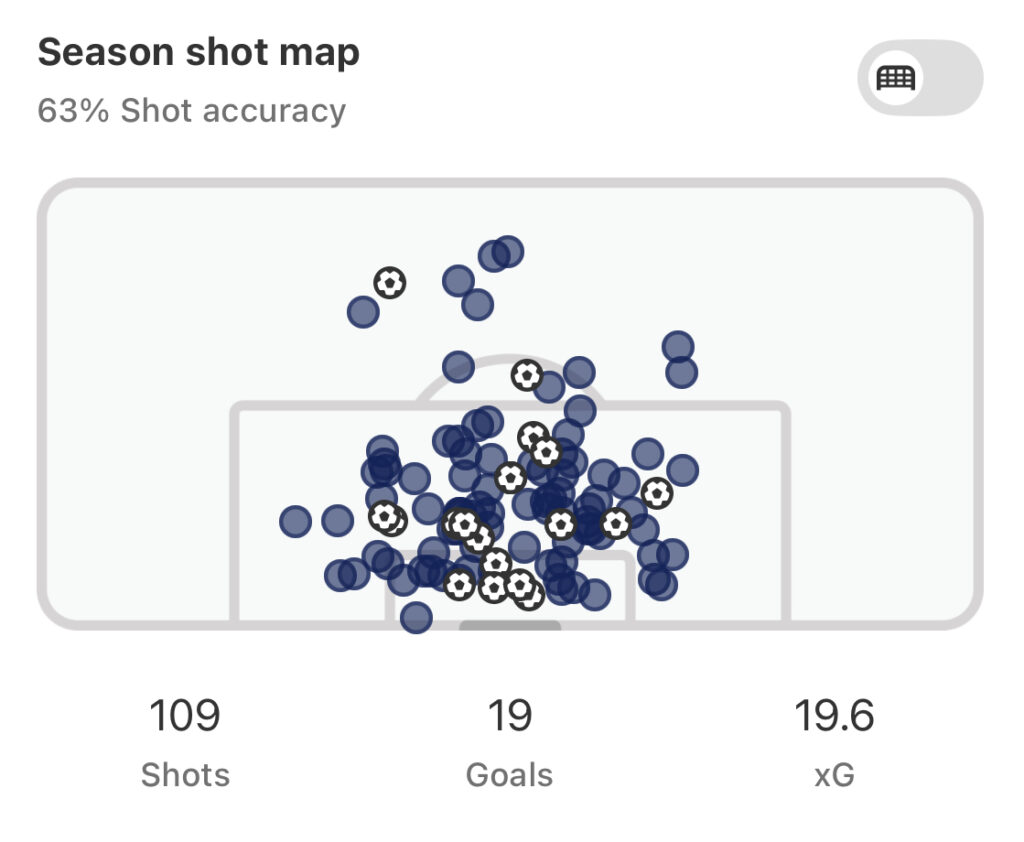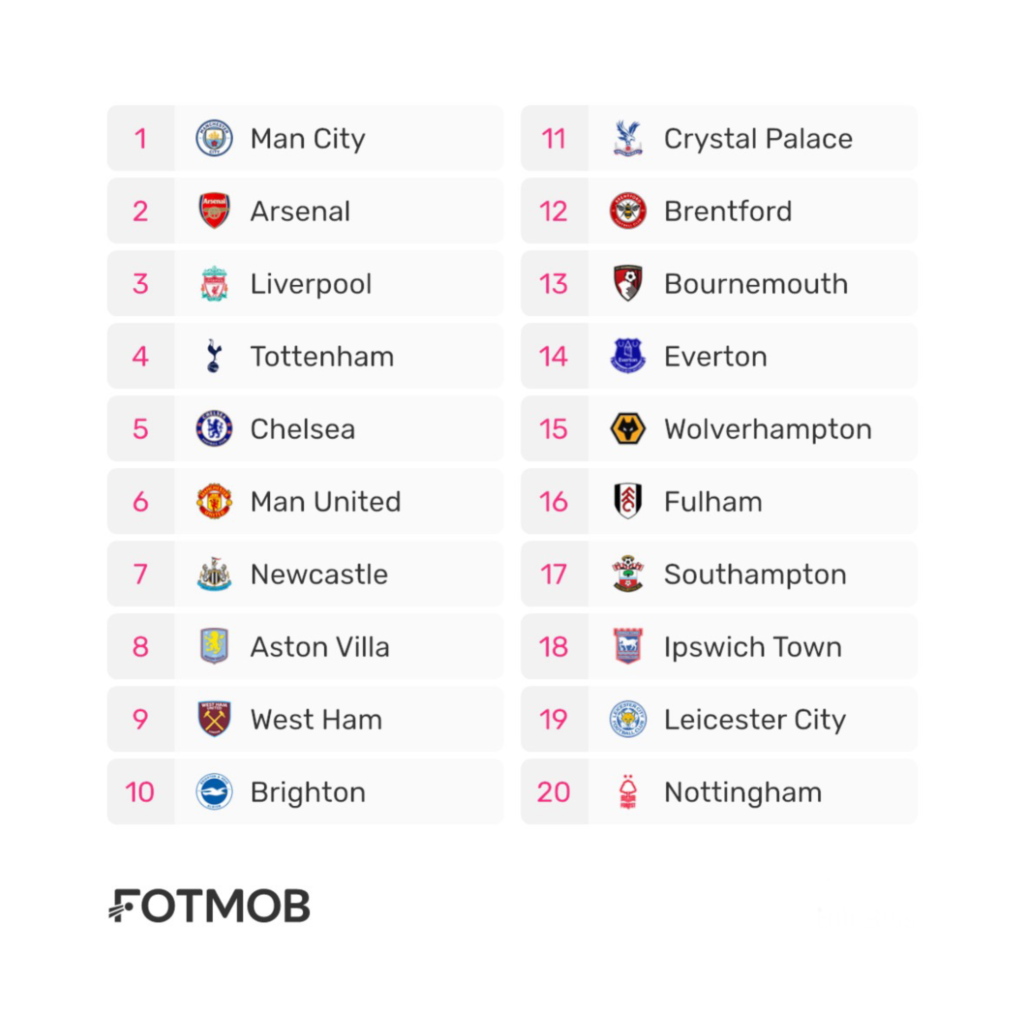Despite only arriving in the January transfer window earlier this year Adam Wharton has quickly developed into one of the most exciting young midfielders in the Premier League.
By Matt Smith
Just 15 starts in England’s top flight was all it took to gain Gareth Southgate’s recognition with England, and it’s easy to see why.
Wharton was plying his trade with Blackburn Rovers at the beginning of last season in the Championship before Palace took a risk on the young midfielder. It’s a transfer strategy the Eagles have stuck with in recent years, bringing in the likes of Eberechi Eze, Michael Olise, and now Wharton from the lower leagues. Palace then proceed to give them a platform to express themselves, and Wharton has now become a mainstay in Oliver Glasner‘s side.

Finding a defensive midfielder who suits the English game isn’t easy. Liverpool and Manchester United have both been in the market for this position during the summer transfer window, linked with a host of players, but they’ve been unable to get a deal over the line. Multiple teams in the Premier League will be ruing not taking a chance on Wharton before he made the move to Selhurst Park.
Dealing with the physicality of the Premier League is often an issue for players who sign on the dotted line for an English club, and that may have been a concern for Palace supporters when seeing Wharton pull on the shirt for the first time. A tall, skinny frame, Wharton doesn’t look like a physical monster to the eye, but his defensive ability is one of the reasons why he’s looked so impressive under Glasner.

A ball and duel-winning machine, Wharton is a tough-tackling midfielder, showing signs of being a bit of an old-school footballer with the way he puts himself about. When the ball is at his feet, though, he shows composure and technical quality that wouldn’t look out of place in Pep Guardiola’s Barcelona side. Wharton won’t rank so highly when looking at the touches per 90-minute stats, and that’s simply because he’s a one-and-two-touch player. It’s allowed Glasner to implement his system so seamlessly, turning defence into attack in a matter of seconds.

The England midfielder isn’t afraid to take risks with his passing either. He’s not your traditional number six like a Rodri, who will play simple, but effective, five-yard passes regularly to keep the team ticking over. With Daniel Muñoz and Tyrick Mitchell playing high and wide in Glasner’s system, you’ll often see Wharton receiving the ball and looking to pick them out with long-range passes.
His ability to break lines with his passes last season allowed Palace to get their key players on the ball in dangerous areas. Eze and Olise played as two attacking midfielders with a license to roam, finding space in between the lines. Without having someone like Wharton sitting deep and being comfortable breaking lines with his passing, you wouldn’t see Eze and Olise being as effective.
His range of passing and versatility in his play is what sets him apart from other midfielders in the league. You’ll often get midfielders who specialise in receiving the ball and playing or others who are destroyers in the middle of the park, winning it back and giving it to those more comfortable with the ball at their feet. With Wharton, you have a player so well-rounded that he can do it all.
Although Wharton’s primary role is to break up play in the middle and help build up from the back, he’s capable of driving forward with the ball, getting into advanced areas where he can start to create chances. The number of opportunities he produces for his team-mates considering his position on the pitch is rare, averaging an assist once every five games last season while creating 1.45 chances per 90 minutes.
To only start 15 Premier League games last season and receive a call-up to Southgate’s England squad for Euro 2024 shows the impact Wharton made in such a short space of time last season. The young midfielder was having to get used to a new league, surrounded by players who were adapting to a new system, with Glasner arriving around a similar time to Wharton.
Playing in a double pivot requires discipline and spatial awareness, which Wharton has in abundance. Venturing too far forward or diving into tackles in wider areas can often leave the team exposed, whereas when playing in a midfielder three, you’ll often have cover and bodies around you. At the age of 20, to start in a midfielder two for a Premier League side is an impressive achievement, and he’s certainly not there to make up the numbers.

The impact he’s having at such a young age is highly impressive, and it’s intriguing to see what he’s going to achieve after a full pre-season under Glasner in his first full season in the Premier League. For any side looking to implement a possession-based style of football in a team full of attacking talent, Wharton could be the ideal signing for some of the biggest clubs in England.
Having a defensive midfielder who can receive the ball on the half turn from the defence and find attacking players in dangerous positions is something that the likes of Guardiola, Arne Slot, Mikel Arteta, and Erik ten Hag would admire. Knowing they could also trust Wharton to sit in front of the defence and offer a layer of protection, it wouldn’t be a shock to see a mega bid come in for Wharton next summer. It certainly won’t be easy to get Wharton out of Palace considering the fee they’re likely to demand, but this is a player destined for the top and the Eagles are lucky to have him, especially under a tactically astute manager such as Glasner.
(Cover image from IMAGO)
You can follow every game from the Premier League on FotMob – with in-depth stat coverage including xG, shot maps, and player ratings. Download the free app here.

